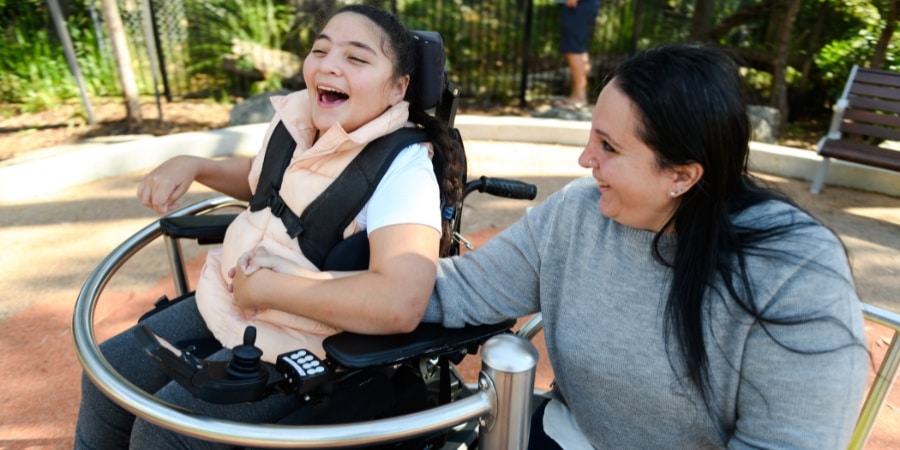
The 2023 Australian Cerebral Palsy Register (ACPR) Report has been launched today by the Honourable Bill Shorten MP, Minister for the National Disability Insurance Scheme and Government Services.
Analysing data from almost 11,000 children with cerebral palsy (CP) in every state and territory, researchers found that the rate of CP has fallen to 1.5/1,000 live births – the lowest in the world.
This means that one in 700 children in Australia are born with CP, a sustained decrease of around 40% from just twenty years ago, when one in 400 children were born with CP.
While Australia is a world leader in the reduction of CP, it remains the most common physical disability in childhood. As a lifelong condition, tailored and targeted supports are essential for both children and adults with CP to achieve the best possible outcomes. The latest ACPR Report contributes vital new understanding of the rate and severity of CP to enable service planning.
The Honourable Bill Shorten MP, Minister for the NDIS and Government Services, provided the foreword for the report and praised the importance of the ACPR.
“The fact that people with CP are living better lives than any time in history is a milestone to be celebrated – without the ACPR, we would not be able to track and report these important trends and show so effectively the impact of new clinical interventions and improvements,” he said.
“The ACPR provides us with rich data from which to better understand CP and inform service planning. It sets a standard of best practice that would well serve all disability types and really speaks to the strength and advocacy of the CP community.
I offer my congratulations to every member of the ACPR Group on this report. Most importantly, thank you to all the families and individuals with CP who so generously contributed to this research,” said Shorten.
Established in 2008, the ACPR has grown to be the largest database of its kind in the world. More than a dozen research and academic institutes, state health departments and health networks support the register, with Cerebral Palsy Alliance, The University of Sydney serving as the coordinating institution.
Professor Nadia Badawi, Cerebral Palsy Alliance Chair of CP Research and Medical Director of the Grace Centre for Newborn Intensive Care at The Children’s Hospital at Westmead, said advances in obstetrics, newborn care, and public health have all contributed to the sustained decrease.
“Everyone is working together. Researchers, health professionals, policy makers and government are working with families to ensure that research is conducted to prevent CP and minimise severity. When research is proven effective, we are working with health professionals to ensure new research is quickly embedded in care across Australia.
Everyone has a part to play, including philanthropists who support our grants program at the Cerebral Palsy Alliance Foundation. We thank this collective group for their hard work – we are seeing the dividends,” said Badawi.
The report includes artwork by Tanya Martin, a proud Ngemba woman, midwife and researcher who is working with the ACPR Group to better understand the profile and service needs of Aboriginal and Torres Strait Islander children with cerebral palsy.
The 2023 report has also found that:
The 2023 ACPR analyses data between the birth years of 1995 and 2016, when the children reach five years of age – this check is essential as a small number of children who appear to have CP in their early years can go on to have another diagnosis.
Experts from the ACPR Group are now partnering with researchers and clinicians across the Asia-Pacific to support and grow the work of CP registers in lower- and middle-income countries such as Bangladesh, Sri Lanka and Vietnam, where rates of CP remain high and gaps in understanding around causes and severity of CP are common.